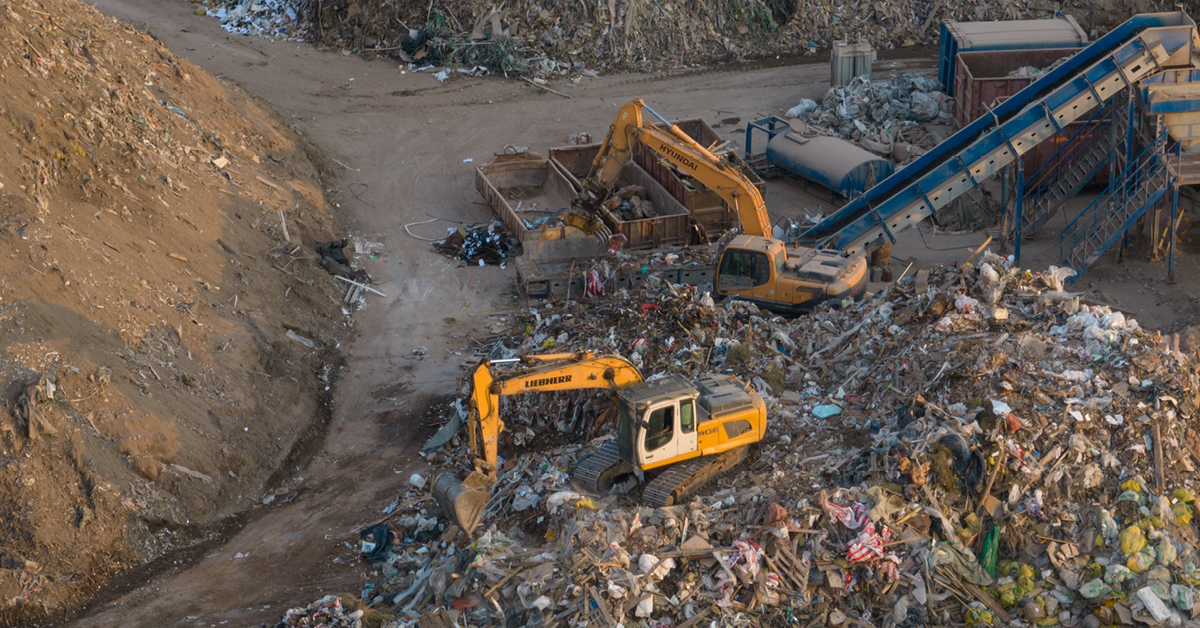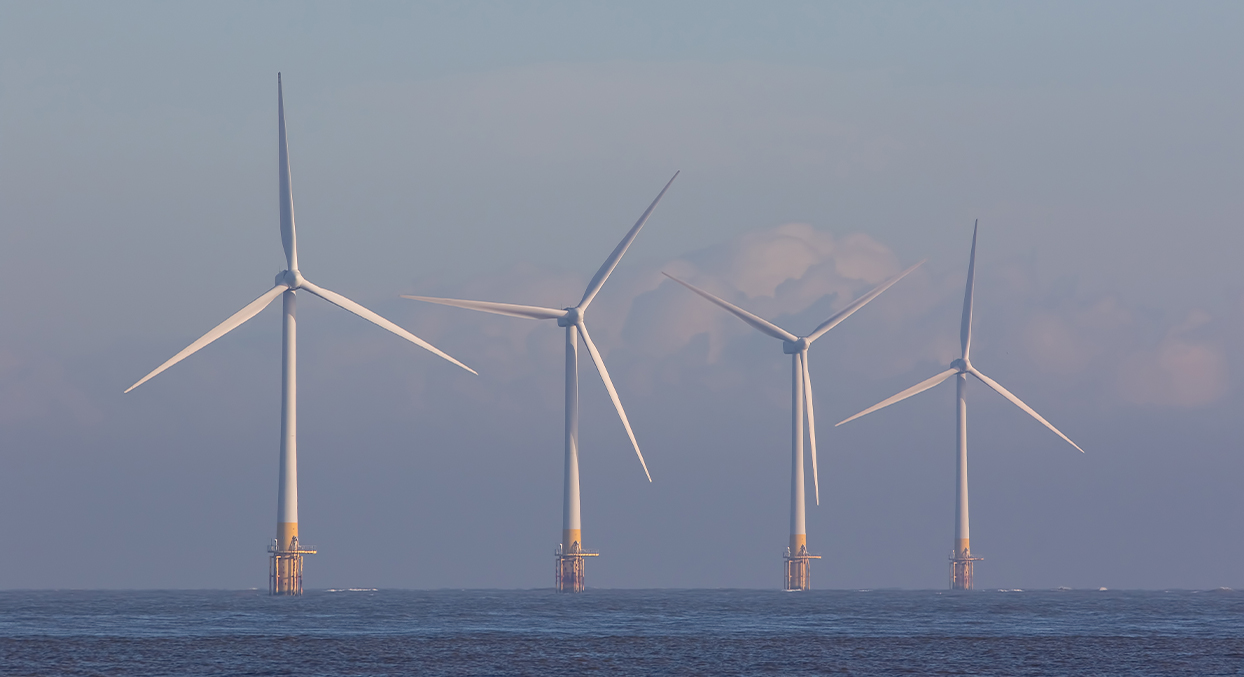At the Autumn Statement on 17 November 2022, the Chancellor announced a review of the UK’s oil and gas fiscal regime to reflect the changing face of the industry and to support investment as the country moves towards net zero. The Treasury published Terms of Reference for the review in June 2023, followed a month later by a call for evidence on the evolving context of oil and gas production and the impact of taxation in this area.
The responses to the call for evidence will inform the government’s direction and assist it in formulating proposed reforms. David Pickstone and Anastasia Nourescu summarise how oil and gas production is currently taxed, the government’s aims in reforming the regime and the areas covered by the call for evidence.
How are oil and gas activities taxed?
The exploration for and production of oil and gas in the UK and on the UK Continental Shelf (UKCS) took off in the 1960s and peaked in 1999. Almost all UK oil and gas comes from offshore fields, with only 2% of oil and less than 1% of gas stemming from onshore production. Oil and gas together currently supply approximately three quarters of the UK’s energy use and will continue to be relevant in the future: while the aim under Britain’s net zero policy is to maximise the use of green energy sources, estimates suggest that in 2050 the UK may still require a quarter of the gas it is currently using and will still use some oil in transport and manufacturing.
Oil and gas production activities are subject to a distinct fiscal regime, designed to encourage investment in this area while ensuring a fair return on the exploitation of national resources. The industry has generated over £400 billion in direct taxes so far, according to the call for evidence.
The current regime consists of three permanent tax charges and one temporary element (the Energy Profits Levy), as well as several types of capital allowances and reliefs:
- Ring Fence Corporation Tax (RFCT) – A different type of corporation tax applies to oil and gas producers. The RFCT applies at a rate of 30% (as opposed to the normal 25%). It is calculated in the same way as corporation tax, but oil and gas exploration is in effect treated as a separate trade, which prevents the reduction of profits by losses from other activities or excessive interest payments. 100% First Year Allowances are available in respect of capital expenditure and can be deducted from profits for the purposes of calculating RFCT.
- Supplementary Charge (SC) – This is a further 10% charge on a company’s ring-fence profits, which are adjusted so that there is no deduction for finance costs. Investment Allowances are available on capital expenditure (62.5% for offshore activities and 75% for onshore activities) and are deducted from profits when calculating the SC.
- Petroleum Revenue Tax (PRT) – This is a tax on extraordinary profits arising from individual oil and gas fields. PRT only applies in respect of fields given development consent before 16 March 1993 and has been abolished for fields given consent after that date. Furthermore, since 1 January 2016 the rate of PRT has been set to 0%; it has not been abolished altogether, so as to allow companies to continue to carry back trading losses and decommissioning costs.
- Energy Profits Levy (EPL) – This is a temporary 35% charge on extraordinary profits within the oil and gas sector, introduced in May 2022 and due to end on 31 March 2028. The EPL includes a 29% Investment Allowance, although an alternative 80% Decarbonisation Investment Allowance is available from 1 January 2023.
The focus of the current review is on the long-term future of the regime and so EPL is not within the scope of the call for evidence. The government is consulting separately on the EPL Energy Security Investment Mechanism, which would disapply the EPL before March 2028 if average oil and gas prices fell to or below the ESIM price threshold for two consecutive quarters.
Other available reliefs include Decommissioning Relief, Transferable Tax History, and a Ring Fence Expenditure Supplement. There are also other parts of the tax code that apply to oil and gas activities but are not specific to the sector. For example, research and development (R&D) tax relief can be claimed in respect of the cost of oil and gas exploration and appraisal, but also in other industries. Parts of the tax code that are not specific to oil and gas do not form part of the government’s review.
Why is reform necessary?
The oil and gas production landscape has changed dramatically since production began. Easy-to-recover fields are declining, meaning that future exploitation will be from more technically challenging fields that carry greater risks and costs. Old oil fields are also being decommissioned, which is necessary in order to leave them in an environmentally safe condition. The demographic of the industry has also changed: it is now dominated by private equity groups and foreign-state owned oil companies, which have replaced international oil and gas companies. These operators tend only to have upstream operations in the UK. In the long term, oil and gas activities will start to wind down as we approach the 2050 net zero target, although they are unlikely to halt completely.
The government recognises this shift in the sector and notes the fiscal regime may have to change to remain fit for purpose. This is a call for evidence in the real sense: the government is not consulting on any specific proposals and at this stage is simply trying to gain a better understanding of the future of the industry from those on the ground and their advisors. The call for evidence does, however, set out the government’s high-level aims in seeking to reform the current system, which include:
- Supporting energy security while the UK transitions to net zero;
- Promoting a pathway to net zero by supporting the decarbonisation of upstream oil and gas production;
- Minimising barriers to investment in greener technologies in the sector;
- Ensuring efficiency and predictability in the taxation of oil and gas activities, including by simplifying the legislation.
What evidence is being sought?
HM Treasury is seeking views on the current context and future evolution of the oil and gas industry, which will inform its proposals for amending the tax code. The information being sought includes the following:
- Evolution of the market – How will investment into UK projects evolve over the coming decades, including compared with investments in other mature basins?
- Investment in the UK market – How has the fiscal regime influenced investment in the UKCS? In particular, how have capital allowances and reliefs influenced such investment and are any changes necessary or desirable?
- Energy security – How will investment opportunities contribute to UK energy security in the future? Should the fiscal regime include a mechanism for dealing with future price shocks?
- Decarbonisation – What are the main obstacles to decarbonisation in oil and gas production and to what extent does the fiscal regime have an impact?
- Simplification – Which aspects of the oil and gas fiscal regime could be simplified?
The call for evidence closes on 11 September 2023. Once the government has considered the responses and formulated its proposed reforms, it will most likely publish a formal consultation. The outcome will have a significant impact on producers and other oil and gas operators, who may wish to submit responses to ensure that any overhaul of the current regime reflects industry views and practices.
You can find further information regarding our expertise, experience and team on our Tax Litigation and Resolution page.
If you require assistance from our team, please contact us.
Subscribe – In order to receive our news straight to your inbox, subscribe here. Our newsletters are sent no more than once a month.







